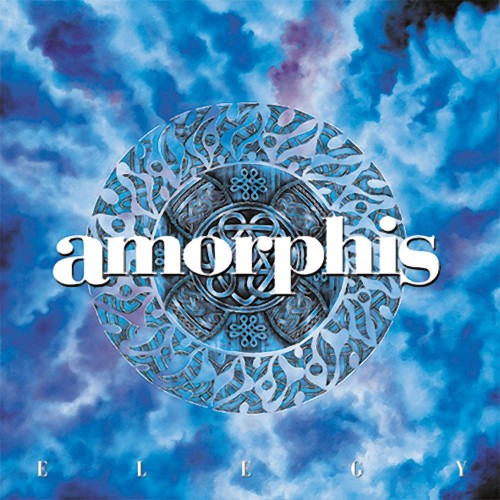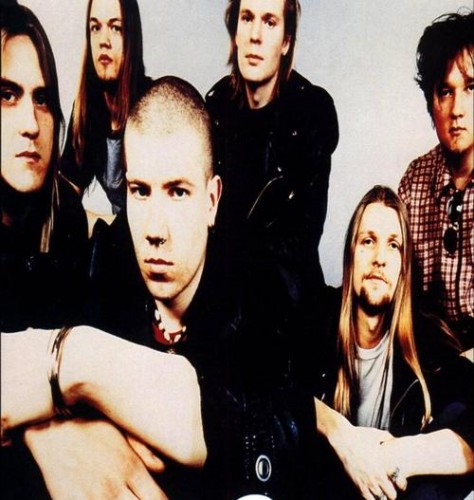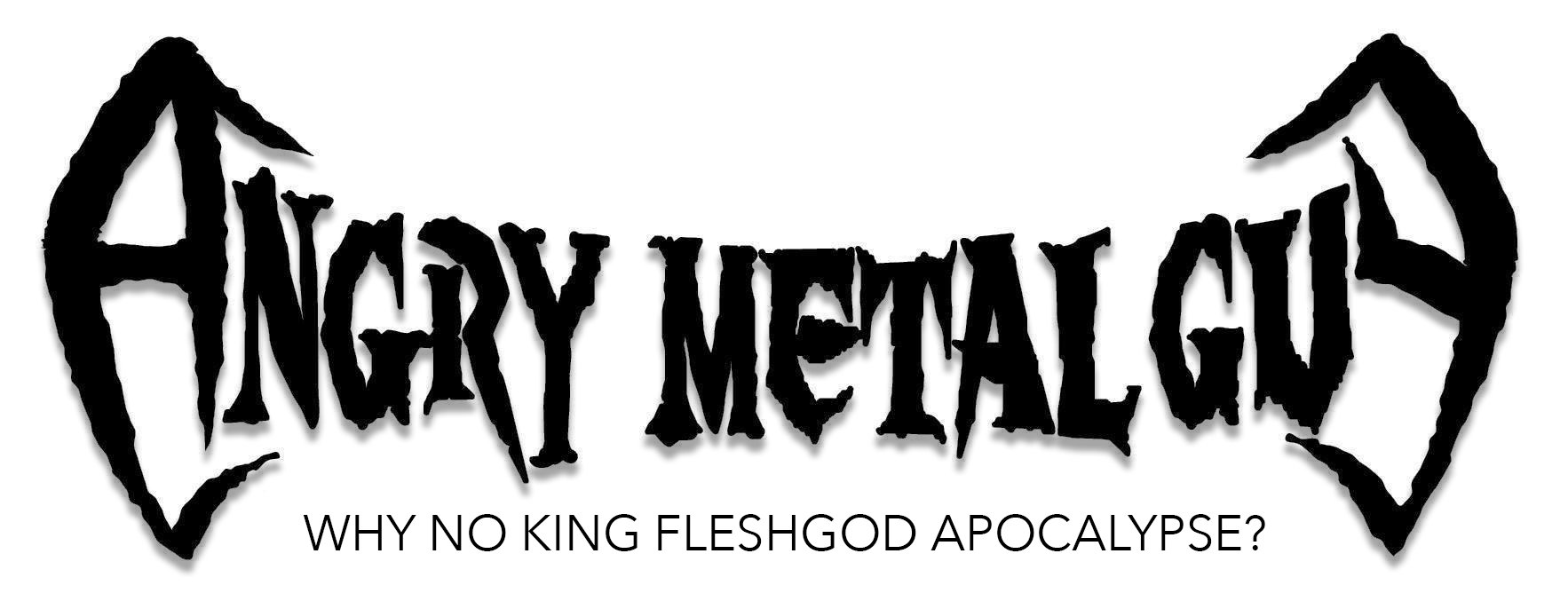 Amorphis has a special place in the hearts of everyone involved with Angry Metal Guy. In fact, it was the review of 2009’s awesome Skyforger by AMG Himself that got the ball rolling for your favorite group of opinionated miscreants. As for myself, the Finns had a profound personal effect on me as well. They got me to check out the Kalevala when I was a teenager. Their music woke me up to the fact that I can never let my brother ever water his warhorse upon the seashore. But above all, one of their albums also acted as somewhat of a security blanket during a rather tumultuous time in my life. That album was 1996’s epic Elegy, and it just turned 20 years old.
Amorphis has a special place in the hearts of everyone involved with Angry Metal Guy. In fact, it was the review of 2009’s awesome Skyforger by AMG Himself that got the ball rolling for your favorite group of opinionated miscreants. As for myself, the Finns had a profound personal effect on me as well. They got me to check out the Kalevala when I was a teenager. Their music woke me up to the fact that I can never let my brother ever water his warhorse upon the seashore. But above all, one of their albums also acted as somewhat of a security blanket during a rather tumultuous time in my life. That album was 1996’s epic Elegy, and it just turned 20 years old.
Anyone who grew up listening to Amorphis knows that the band had three different phases. The first, starting from their Disment of Soul demo through breakout album, 1994’s Tales from the Thousand Lakes, was the band’s early doom/death period. The second phase started with Elegy, where the band started shedding its primitive skin to gestate into something special. As soon as the opening sitar of “Better Unborn” weaves its way into your psyche, you begin to fully appreciate the progressive leanings once hinted at with Tales. Esa Holopainen’s melodic guitar runs soared, Tomi Koivuusari’s guttural growls remained clear yet brutal, but it’s the performance by then-new clean vocalist Pasi Koskinen that hooked you in and kept you enthralled. His energetic singing and beautiful vocal patterns were a clear highlight throughout Elegy, and further punctuated just how far this band had grown in such a short time. This was the sound of a band coming of age, embracing their influences, and turning them into magic.
And there is little ill to be said about this album. “Song of the Troubled One” carried the album’s heft, and is the only song on Elegy to not feature Koskinen, but it remains optimistic and beautiful due to Holopainen’s melodies and the keyboard work of Kim Rantala. “On Rich and Poor” contains one of the hookiest melodic riffs in the band’s entire catalog, and is now enjoying life as a live favorite. “The Orphan,” a heart-wrenching ballad, was made more poignant due to Koskinen’s performance before turning hopeful towards its transcendent ending. Once again, the band drew upon the Kanteletar for inspiration, and once again, they capitalized beautifully. The richness of the production on Elegy is also of importance, as this does not sound at all like an album produced at Sunlight Studios, then OR now.

But there was one song that always got to me from the time I first heard it. That year, my dad suffered from complications due to years of heavy smoking and not taking care of himself, and required bypass surgery to keep his heart functioning. During that time, I must have played “My Kantele (Acoustic Reprise)” about ten times a day, as it brought me a small level of comfort. It was one of the few songs my dad enjoyed in my collection, and he said it was a favorite up until his passing in the summer of 2008, and it’s easy to see why. The arpeggiated guitar melodies, expert use of accordion, Koskinen’s powerful performance, and that moving sitar at the end made “My Kantele (Acoustic Reprise)” arguably the most endearing song in all of Amorphis’ catalog.
Elegy would be the band’s benchmark album for quite some time, as they would go from its lofty peaks to some rather unfortunate lows before Koskinen left the band in 2004 to be replaced by current vocal powerhouse, Tomi Joutsen, signalling the third era for Amorphis. Elegy is also one of the few albums I can safely proclaim as a “desert island” album, as playing it always feels fresh and puts a huge smile on my face. It was, and still is, a remarkable album, and now it’s almost old enough to drink. Happy Birthday, Elegy.

















